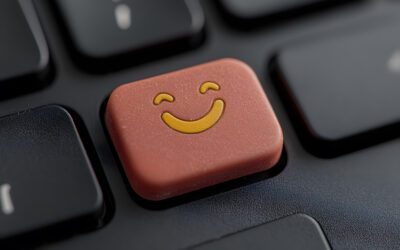A couple of years ago I delivered a program for the US Postal Service. It was just as Covid restrictions were relaxing, and this particular unit was being asked to return to the workplace rather than continuing to work remotely.
When you think of the post office, the following phrase may come to mind:
Neither snow nor rain nor heat nor gloom of night stays these couriers from the swift completion of their appointed rounds.
This phrase is often considered the mail carrier’s motto, though the Postal Service itself has no official motto. It comes from a translation by Harvard University’s Professor George Herbert Palmer of Herodoctus’s Histories, and is inscribed in gray granite above the entrance to the New York City Post Office on 8th Avenue. The phrase is a reference to the Persian postal couriers who served with great loyalty during the Greco-Persian Wars (500 – 449 BC).
A participant in the program spoke up and said, “Nowadays, I feel uncomfortable going into public spaces when I have a cold, flu, or other illness. Even if I sneeze or cough just once, everyone stares at me. Previously we were expected to report to work unless we were extremely ill. Now I feel like my coworkers would be furious with me if I showed up simply sniffling with allergies. What is the expectation now?”
What this participant was asking was, “Is our organization changing the norm? And what is considered too sick to come to work?”
The leader answered, “Use your own discretion.” After the session, I approached the leader and pleaded with her to give more direction. I was sure that each unit manager would interpret “own discretion” quite differently.
The question of when exactly to call in sick is ever present, and the answer can be as varied as the managers, departments, organizations and workplaces that exist.
Typically, the senior leader sets the tone for the organization regarding absences related to illness. For instance, I was conducting an important program on civility in a different organization, a nonprofit. The executive director had a bad cold and rather than come into the office to kick off the program, he introduced the program via a online message from his home. While the message he delivered was about our Civility in the Workplace program, there was also an underlying message conveyed: “Figure out a way to do your work remotely when you are at the beginning stages of an illness.”
When leaders talk about “work ethic” they are considering whether an employee shows up, if they are a team player, and if they can be counted on. The use of sick leave can influence these perceptions, and so should be clearly defined and universally implemented.
Does your organization have explicit policies in place related to sick leave and do managers adhere to the policy? What are the nonverbal cues and unwritten expectations in your workplace about attendance when ill?
In the weeks ahead I will be sharing other situations that managers and employees need to navigate regarding work ethics. As always, I am most interested in your experiences!





0 Comments